Latest blog articles
-
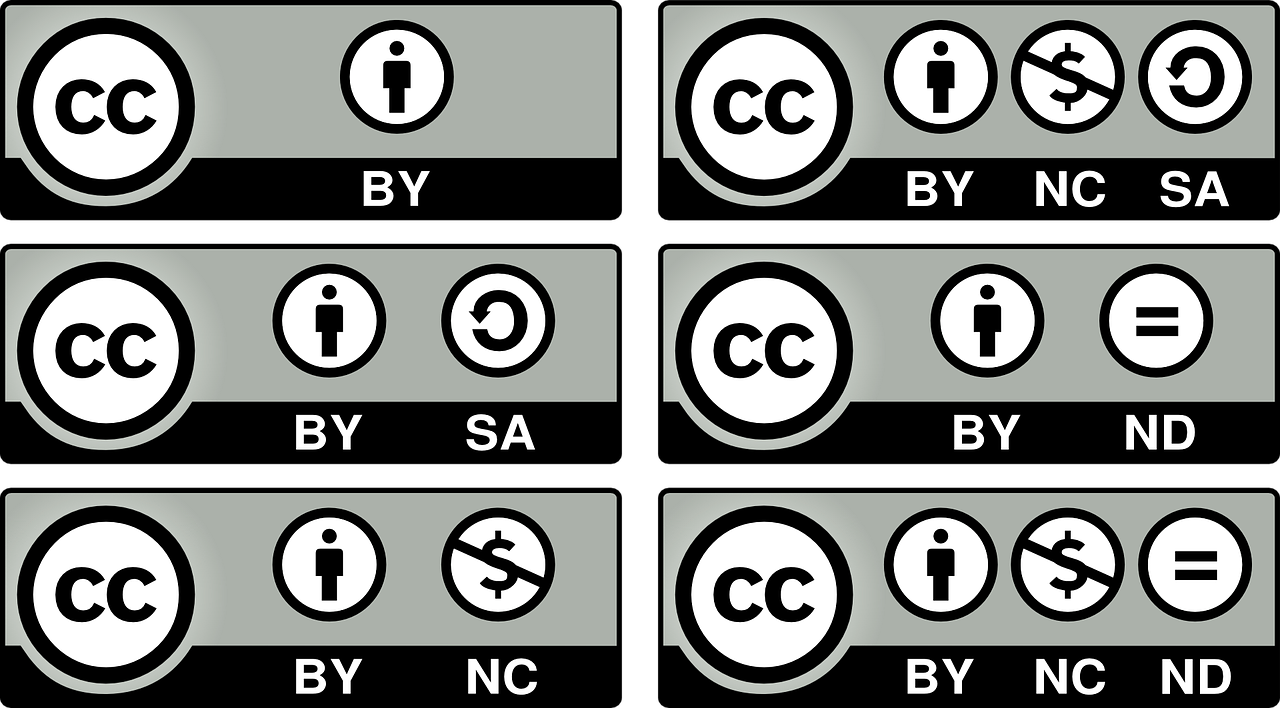
“A handbook, a practical tool for users”; this is how Dr. Thomas Kirchberger defines his thesis, in which he covers the relation between Open Design and Intellectual Property. On Friday 29th of September 2017, Dr.
-
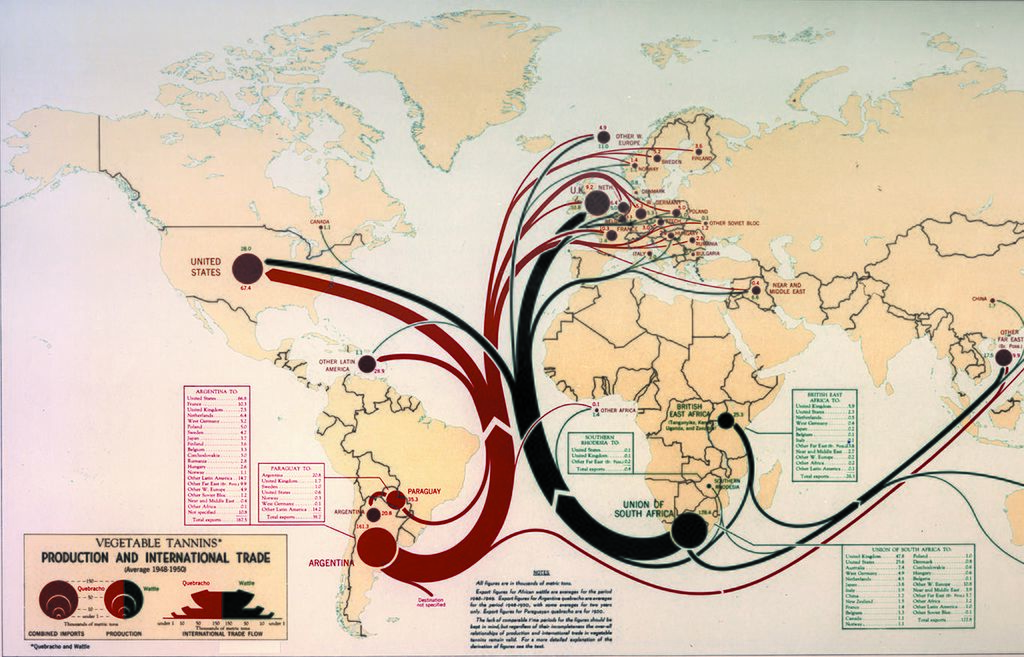
This book addresses concerns with the international trade and investment dispute settlement systems from a statist perspective, at a time when multilateralism is deeply questioned by the forces of mega-regionalism and political and economic contestation.
-

“Whereas from Mary Shelley’s Frankenstein’s Monster to the classical myth of Pygmalion, through the story of Prague’s Golem to the robot of Karel Čapek, who coined the word, people have fantasised about the possibility of building intelligent machines, more often than not androids with human feat
-

Innovation is not working nowadays in the western world as we think it is. Erixon suggests that we should rethink the role of IPRs. Would it not be better for governments to be more selective in determining to whom a patent should be granted?
-

-

To avoid the collapse of the WTO dispute settlement system, and thwart any attempt to hold it hostage, WTO members could make use of an oft-overlooked legal provision allowing for arbitration as an alternative to adjudication before the appellate body.
-

On Friday, 8th September, Ana Ramalho, assistant professor of Intellectual Property Law, delivered a lecture during the Festival of Pleasure, Arts and Science (PAS), at the Faculty of Law, entitled “Can AARON be Warhol?”, in which she examined if copyright should be awarded to artifici
-
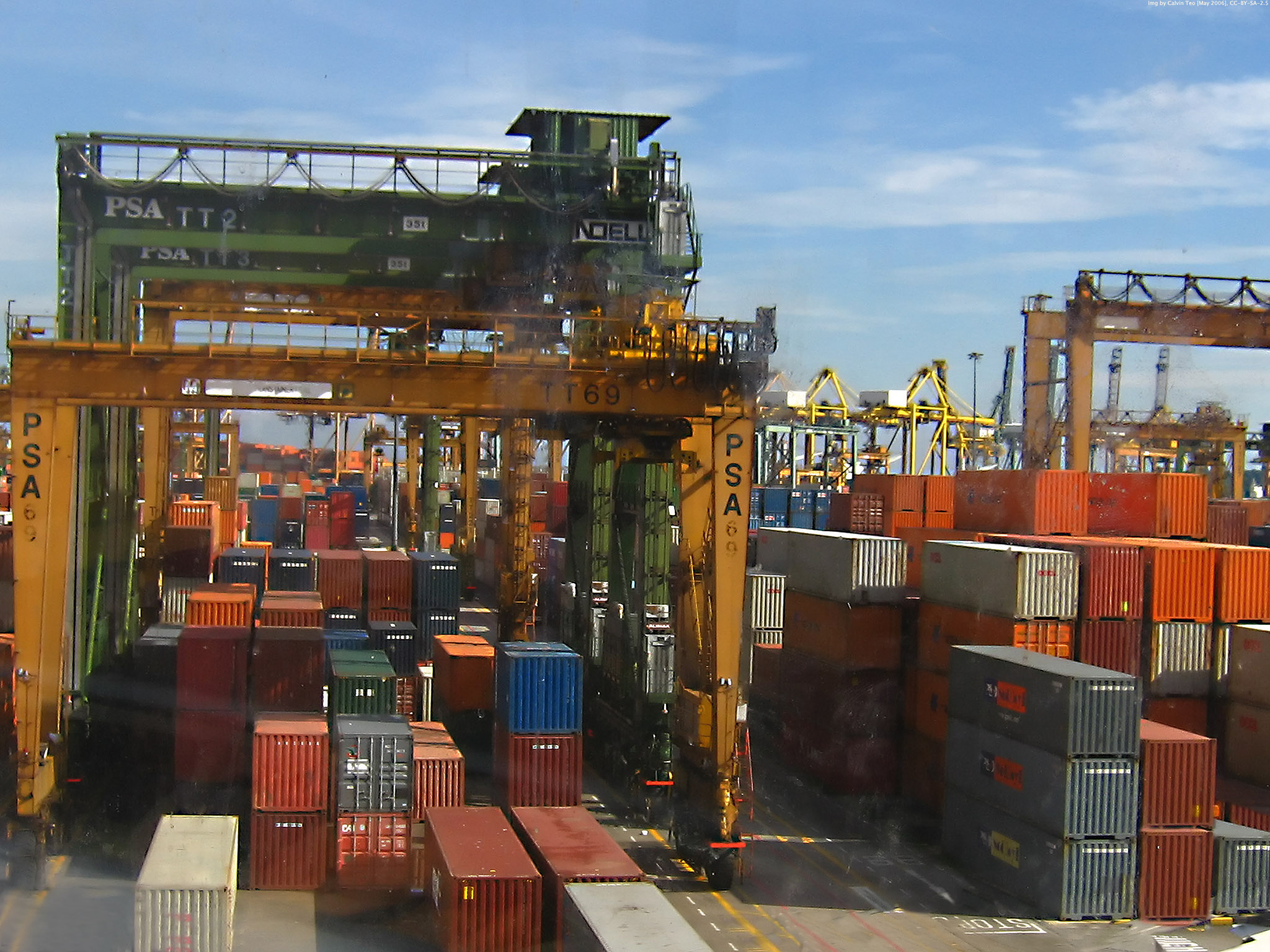
Broad ‘EU-only’ trade agreements can constitute the new normal of EU external trade action, only if such agreements exclude portfolio investment and investor-state dispute settlement provisions from their scope.
-
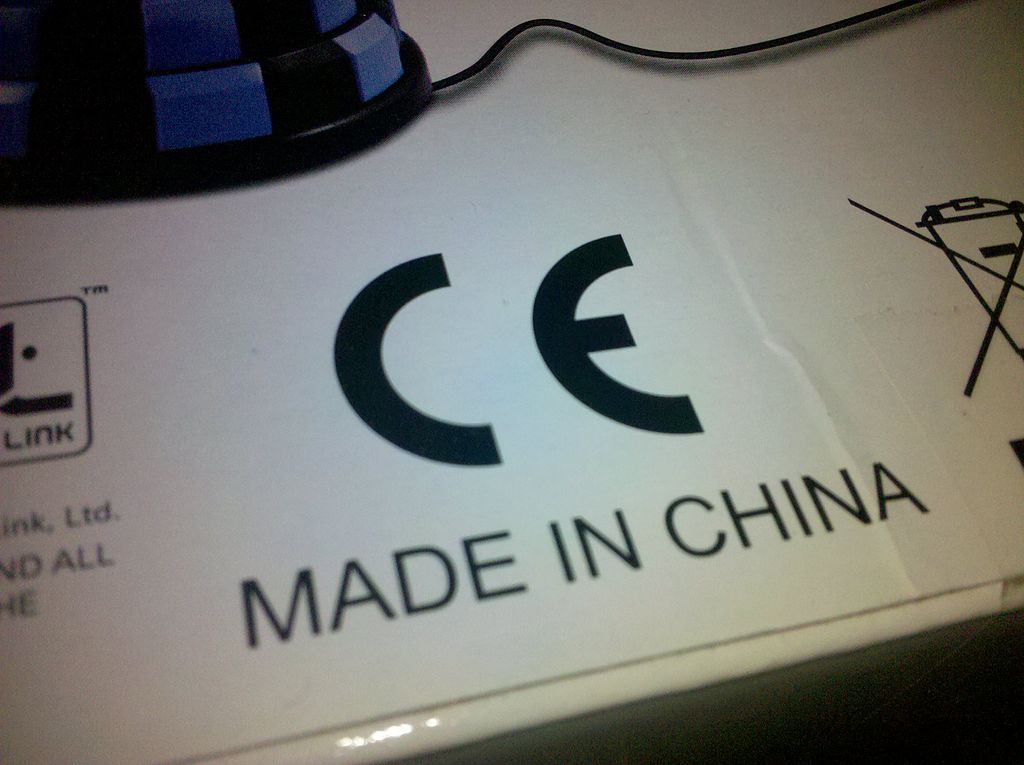
The European Union is currently in the process of overhauling its anti-dumping regime, changing the methodology in a way that it hopes will appease China while preserving the effectiveness of the EU’s trade defence instruments. However, in his Master Thesis Olav de Wit, LL.M.
-
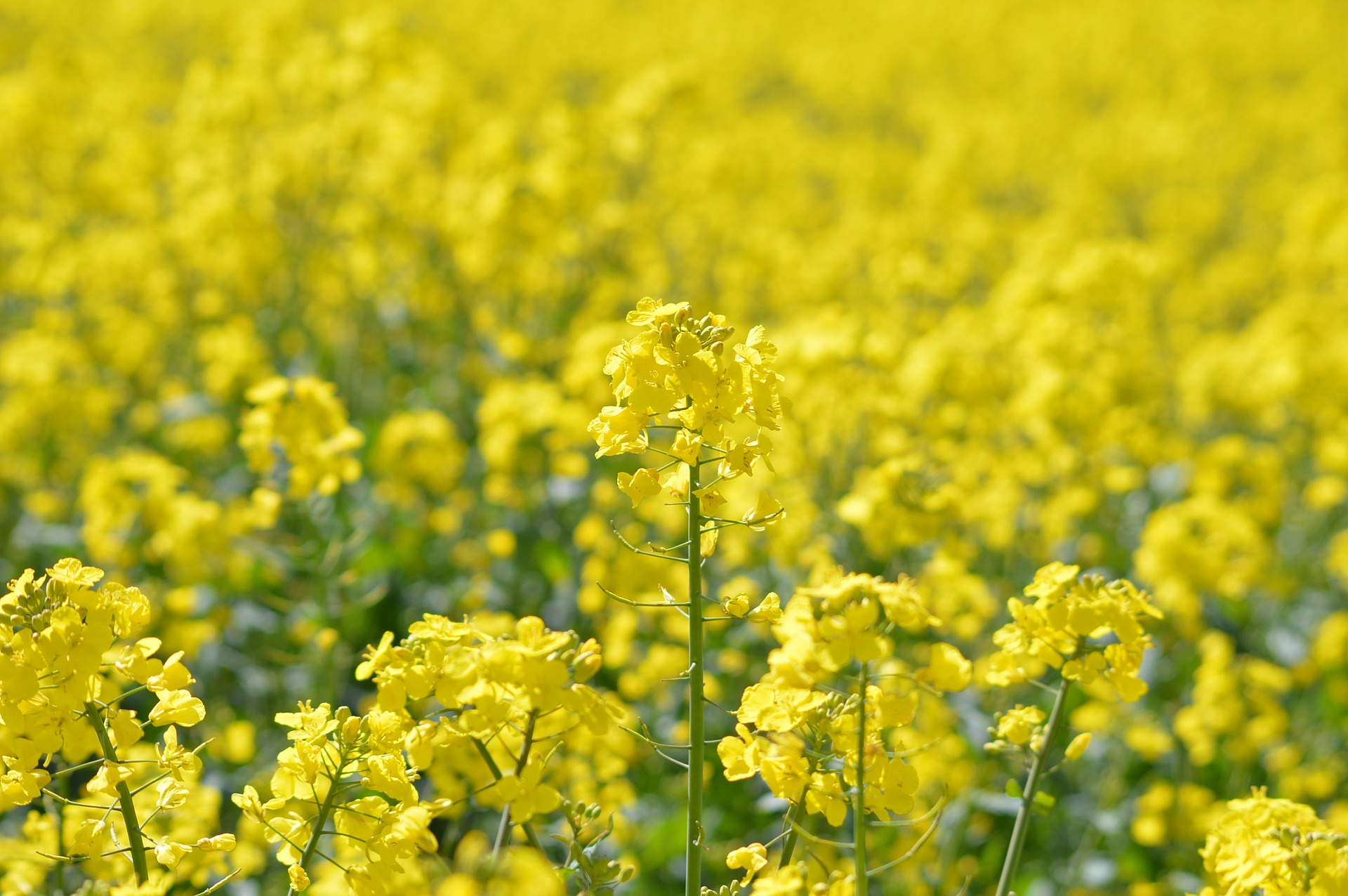
The apportionment of the EU’s tariff rate quotas is key when assessing the legal implications of Brexit for the UK's agricultural sector.